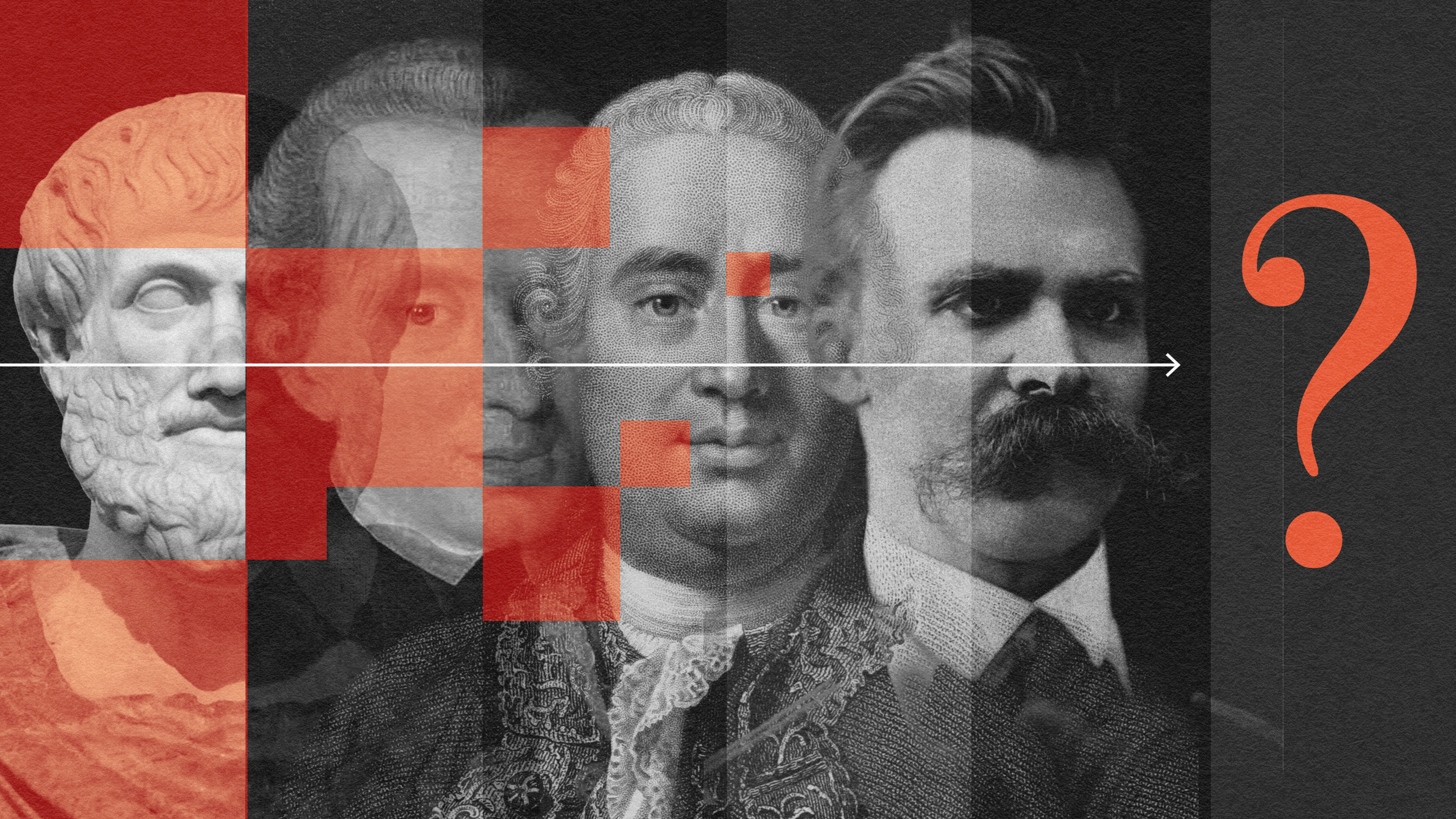What if our incessant drive for self-improvement isn’t always conducive to happiness? Cognitive scientist Laurie Santos proposes that while evolution has wired us for relentless self-enhancement, our modern environment, ripe with comparisons and demands for excellence, amplifies this instinct — often to our detriment.
The incessant push for “more” and “better” can lead to societal harm, fostering a competitive, individualistic society rather than one rooted in collective harmony and goodwill. Moreover, it can compromise personal happiness. Genuine well-being, Santos suggests, arises from extending compassion towards others and ourselves.
Self-compassion, defined as mindfulness, recognition of common humanity, and self-kindness, can surprisingly enhance performance and resilience without a drill-sergeant approach. Breaking free from the pervasive “hustle culture” requires acknowledging its illusory nature, prioritizing kindness towards oneself, orienting towards others, and practicing gratitude to appreciate one’s journey.
Laurie Santos: As someone who focuses on happiness a lot I often hear from people who really wanna push themselves: "How can I be as happy as possible?" Or "How can I like, you know, perfect all the things that you talk about?" And this is true not just in the domain of happiness: We are a species that constantly wants to improve ourselves. Natural selection didn't want us to achieve some level and just stop and chill out and smell the roses. We want to perfect ourselves and our natural instincts to do more, more, more might be being exacerbated by the modern environment.
We have so many comparison points and so many domains in which we could excel: From how you look, to how well you cook, to whether or not you can like solve a Rubik's cube really fast. You know, you just look on the internet and you get lots of information that you're not doing as well as you think. As somebody who works with Ivy League undergrads that are constantly pushing themselves, I see this strive to be perfect all the time. I can't tell you how many times I talk to these amazing students who are 19 and have gotten to one of the best schools in the world, and they feel like they're not doing enough. They feel like they're not achieving enough.
And so, I think this is something that we can all fall prey to, even when we're objectively doing great; there can be this constant push to do more, more, more. And I think a lot of us, especially when it comes to improving our well-being, assume that that's the path to flourishing, that's the path to feeling better. But the research shows that sometimes we might wanna do less. We might wanna allow and engage with more of our negative emotions. We might wanna have more free time at the expense of all the promotions that we're doing at work.
This push for more, more, more and being better, better, better, has two impacts: One is, I think it collectively hurts our societal well-being. You know, being in this kind of meritocracy where we could all be the best of the best if we keep competing with one another and fighting ourselves, that doesn't lead to a great society. It leads to a very individualist society where we're all selfishly looking out for ourselves. It doesn't lead for the kind of collective harmony and the kind of collective goodwill that we want as a society.
But it has a second bad impact, which is that I think it negatively impacts our own happiness. The evidence really suggests that our well-being seems to come from being other-oriented, from extending compassion to other people and to ourselves. Pushing ourselves endlessly, like this sort of horrible drill instructor is not a great recipe for our own improved happiness either. One of the best ways to address this sort of push, push, push culture internally and how it's affecting our own happiness, is to engage with a little bit of self-compassion.
There's lots of evidence from the researcher Kristin Neff at UT Austin that engaging in self-compassion can allow us to perform better, but not to try to perform in ways where we're perfect, perfect all the time. Neff defines 'self-compassion' as engaging in three different parts: Having a sense of mindfulness. You're noticing what this kind of constant striving is doing to you is doing to your well-being. There's a sense of what she calls 'common humanity' which is recognizing you're only human: you're not gonna be perfect all the time, you're not gonna be great at everything. But there's a final component which she calls 'self-kindness,' which is treating yourself like a friend. And that doesn't mean letting yourself off the hook having no ambition whatsoever, but it means having realistic ambition that you kind of push yourself, but you push yourself in a kind and often curious way. Recognizing your limits.
Neff finds that the act of engaging in more self-compassion, perhaps ironically, causes us to perform better. We're less likely to procrastinate because we're not beating ourselves up all the time. It's also a recipe for improving your resilience so that if something bad does come up you wind up being healthier over time. She even finds that it's a way to reduce the kind of post-traumatic stress disorder that can come from really awful circumstances. And so this act of treating ourselves with some self-compassion, ironically, is a path towards performing better, not worse.
We need to embrace not this kind of drill sergeant metaphor of motivating ourselves, but motivating ourselves like we might motivate a friend or someone we really care about. Even if we're committed to engaging with self-compassion ourselves, it can be hard to be in a society that's like hustle culture all the time. And I think one of the first kind of ways that you can deal with that is to recognize that that's true. Recognize that when you looked on LinkedIn, when you look on social media, you're gonna see people who are push, push, pushing — but that that doesn't necessarily lead to their happiness.
So I think one of the ways to fight the hustle culture that we experience across society is to remember that it's a myth, right? Pushing ourselves endlessly trying to achieve perfection—which is impossible—it's not gonna make us feel as good as I think the advertisements really suggest. It's gonna wind up being a hindrance to our well-being much more than we expect. We all can get swept up in this culture of wanting to do more. And so if you're feeling like, "Ah, I wanna be kind to myself, but I really don't wanna let go of the ambition," one thing to recognize is that giving yourself the benefit of the doubt, treating yourself like a friend is the way to perform better. Once you know that you can kind of engage with self-kindness with a little bit more confidence.
Another thing to remember is that this culture of hustle, hustle, hustle often winds up putting us in an individualist mindset. And everything we know about happiness suggests that happiness is really other-oriented. So if you can get out of the mindset of doing for me, me, me, and focus on other people, it can be a way to achieve a little bit more happiness to break that hustle culture mindset, and happier people tend to perform better.
I think a final way of getting out of that hustle culture mindset is to take steps back, and to experience a little bit of gratitude. Really take time to smell the roses. Often our hustle culture is about sort of speeding onto the next thing, right? That next mountain or peak that we're trying to go over. And so that moment of gratitude, that moment of awareness can sometimes break you out of that mindset of doing more, more, more-to notice how far you've come, and what you've achieved so far.






